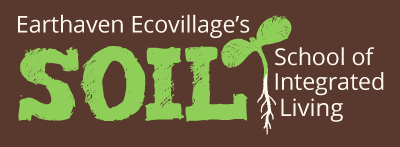About Culture’s Edge
Culture’s Edge is a not-for-profit charitable corporation dedicated to supporting, demonstrating, and catalyzing the development of healthy, sustainable, and regenerative culture. At the core of this mission is the creation of responsible relationships within and between the human and natural communities through research, education and application of appropriate traditional and innovative tools, skills, and practices. Culture’s Edge carries out its educational mission through its School of Integrated Living (SOIL).
Culture’s Edge was incorporated in 1996 at Earthaven Ecovillage in Western North Carolina. Originally providing programs in permaculture design and sustainable community development, offerings expanded to include natural building, consensus governance, organic gardening, herbal, and other topics related to our mission.
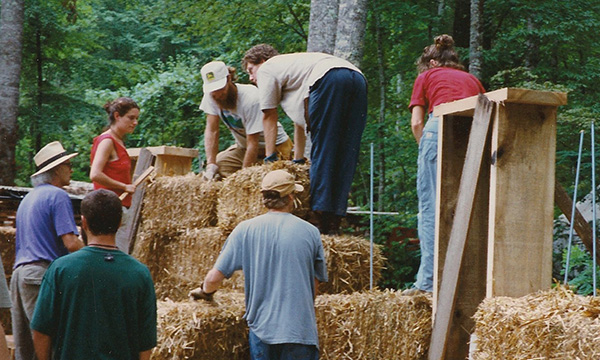
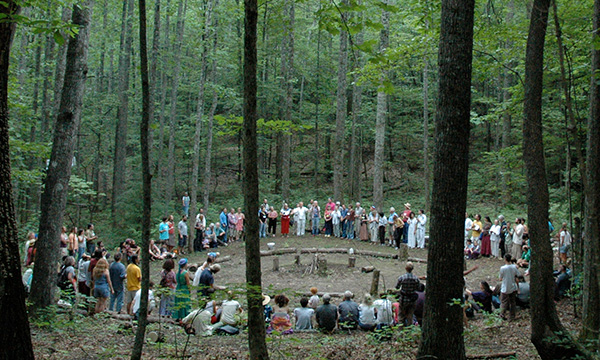
Culture’s Edge collaborated with Earthaven on several regional and national events, including the Continental Bioregional Congress of North America in 2003 and the Katuah Bioregional Gathering in 2005. As part of our commitment to sustainable community development, we co-hosted the regional Reclaiming Economics event, bringing individuals and group representatives together on the subjects of trade, bioregional planning and alternative currencies.
More recently, we presented international conferences (2015, 2017, and 2019) in Restorative Circles, a practice developed by Dominic Barter in the favelas of Rio de Janeiro, Brazil, to help connect groups in conflict through shared needs for justice and safety.
Culture’s Edge continues its educational mission through SOIL, which started as a private organization in 2013 and became part of Culture’s Edge in 2021.
In addition to operating SOIL, Culture’s Edge has incubated programs and projects aligned with our mission. Our current fiscal sponsees are the Southeastern Permaculture Gathering and the Ten Thousand Love Letters project, which initiated the annual Compassion Camp at Earthaven.
We look forward to incubating new ideas and building our capacity to provide inspirational models of regenerative culture to our region and beyond.
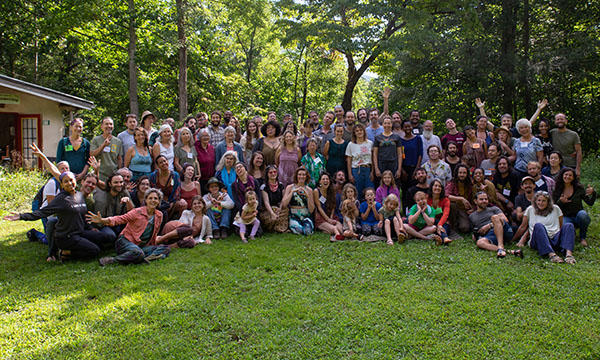
Board of Directors
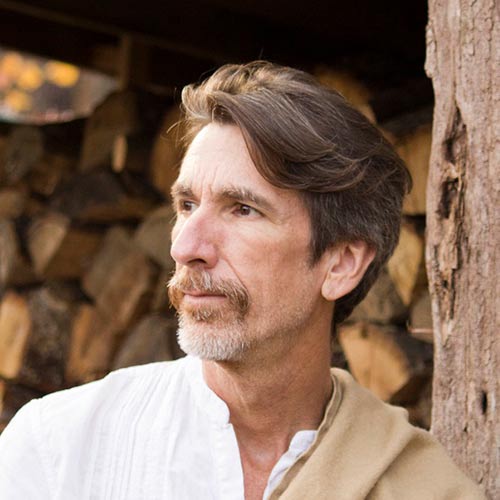
Garrell Bevirt, President
Garrell is an artist, designer, dreamer and currently a student, practitioner, and teacher of yoga, meditation and tantra. Garrell is the operational and development director for Dancing Shiva where he lives, teaches and stewards the land. Dancing Shiva is a Tantra Monastery and Retreat Center within the Earthaven Ecovillage. Garrell is dedicated to offering folks tools and attitudes to balance inner and outer life. Garrell is excited and privileged to be a part of helping shift consciousness through meditation, movement, and connection to the vital nexus of nature.
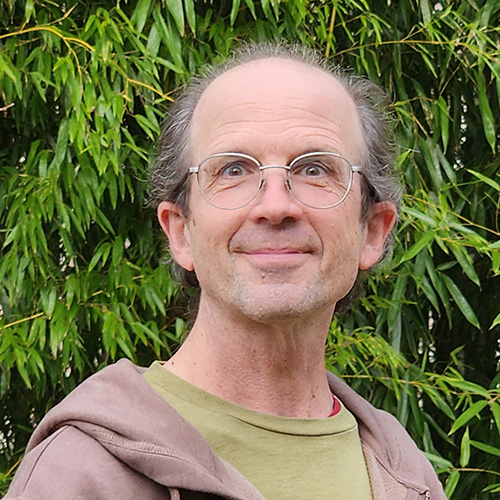
Greg Clark, CPA, Vice Chair of Business and Treasurer, Culture’s Edge Founder
Greg has a diverse background that includes a Masters Degree in Nonprofit Administration from the University of San Francisco (1993) and a Masters Degree in Accountancy from Western Carolina University (2007). As a young adult he performed professionally for a couple of small modern dance companies in Columbus OH and went on to work as the Arts Program Officer for the Community Foundation of Santa Clara County in San Jose, CA. In 1996, he moved to North Carolina and first worked as the Executive Director of the Haywood County Arts Council. While a member and resident of Earthaven Ecovillage from 1996 through 2004, Greg co-founded Culture’s Edge as well as the Earthaven Forestry and Building Company LLC. After nearly three years as a staff accountant with JPS, a mid-sized accounting firm in Asheville, Greg obtained his CPA license in North Carolina. Since leaving JPS in 2009, he has been working independently as a tax accountant and business advisor for many small businesses and nonprofits throughout the area. In 2021, he returned to Earthaven.
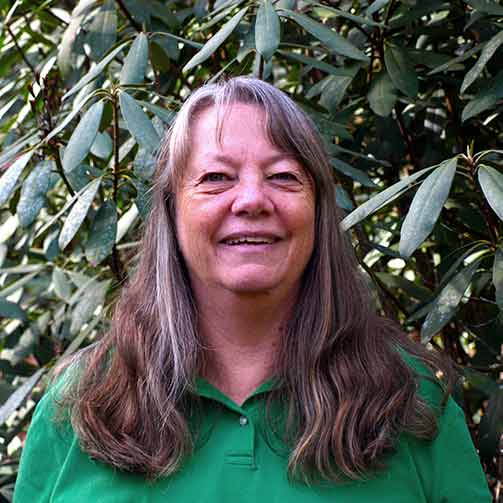
Debbie Lienhart, Secretary
Debbie is an engineer and maker who has lived at Earthaven Ecovillage since 2007. She has a lifelong passion for learning, including a BA in Geography, an MS in Computer Science, and and MA in Technical Communication. At Earthaven, she has been involved in governance, promotions, and partnership culture, and was a partner in the Useful Plants Nursery for eight years. She was a board member of Organic Growers School and the Blue Ridge Horticultural Society. She is currently Board President of Cooperate WNC. She is applying her community radio experience to produce the Earthaven Ecovillage Podcast and drawing on her technical and management background to develop and promote Earthaven and SOIL’s programs.
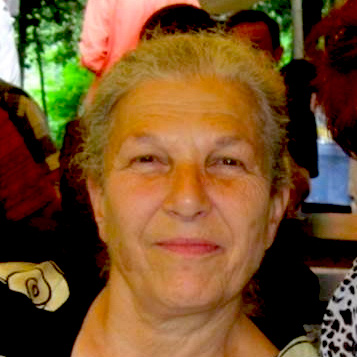
Arjuna da Silva, Board Member, Culture’s Edge Founder
Arjuna helped co-found Earthaven Ecovillage and Culture’s Edge in the mid-nineties, and has served on the Culture’s Edge board since then, often doubling as staff. She is a writer, editor, designer, process-oriented educator, is celebrating having landed at Earthaven, helping to build a sustainable community and non-profit education center. She designed and helped build an amazing natural house, and is still evolving ideas and programs for The Natural Building School and other regenerative methods and tools.
Arjuna received a B.A. from The New School for Social Research and almost got an M.A. in Counseling from the California Institute of (then Asian, now) Integral Studies. Her permaculture, natural building, and community self-governance understanding has been generously fed at Earthaven.
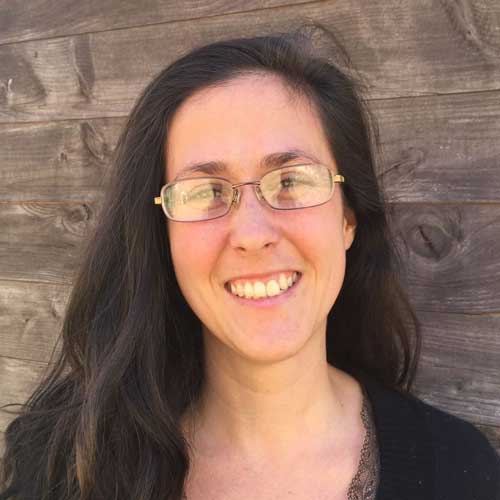
Carmen Lescher, Board Member
Carmen has lived in the mountains of Western North Carolina since 2007 when she first came to Earthaven Ecovillage. Carmen is a community leader, systems designer, and collaborative creator. She has over twelve years experience as a project manager, bookkeeper, small business and non-profit consultant, event coordinator, and financial advisor with clients throughout Western NC. She has served in numerous roles including executive leadership, high level administration, land/housing/agriculture design development, director of multifaceted events and projects, and team building. She currently owns and manages a bookkeeping business. Carmen’s strengths and passions include cooking, tending her garden, problem solving, and ceremony.
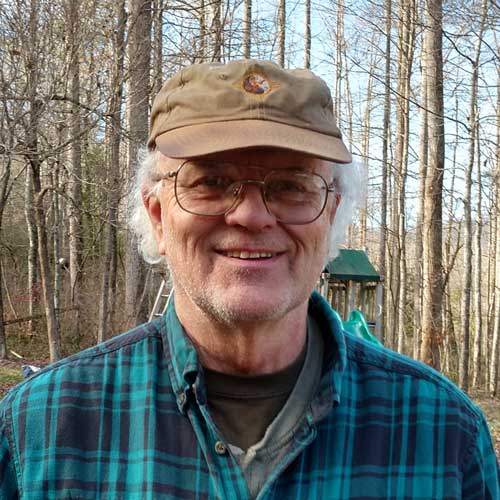
Paul Caron, Board Member
Paul was born in Kalamazoo, Michigan and is the oldest of five children. He received a bachelors in both Philosophy and Religion from Michigan University. After spending seven years in a monastic order, he received the guidance to start an intentional community in the Asheville area. 15 years later, that vision manifested into the founding of what we now know as Earthaven Ecovillage. He owns and manages Furniture Magician, an off-the-grid cottage industry that runs out of Earthaven and has been teaching woodworking techniques for over 25 years. He is still an active member of Earthaven Ecovillage and has been serving on the Culture’s Edge board since 2005. Paul is a visionary, fine artist, small business owner, and lover of the hobby of burning candles.
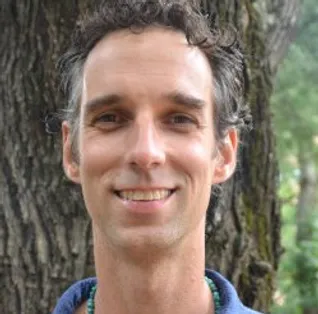
Sam Ruark, Board Member
Sam has been working in the field of sustainability for local governments, nonprofits, and small businesses since 1998. Sam’s first foray into the nonprofit world was working with the Harmony Project and the Sustainability Institute in Charleston, SC. There, he ran a building materials reuse center for affordable housing and a green building trade show. In 2000, he moved to the SF Bay are where he worked as a Sustainability Planner for Marin County, CA. In 2005, he returned to North Carolina, lived in Celo Community, and organized the Green Festivals. In 2008, he returned to California to manage energy efficiency and renewable energy projects and programs for Sonoma County. Since 2015, he has been the Executive Director of Green Built Alliance. He has served on the Boards of Directors for four nonprofits. He lives with his family at Earthaven Ecovillage.
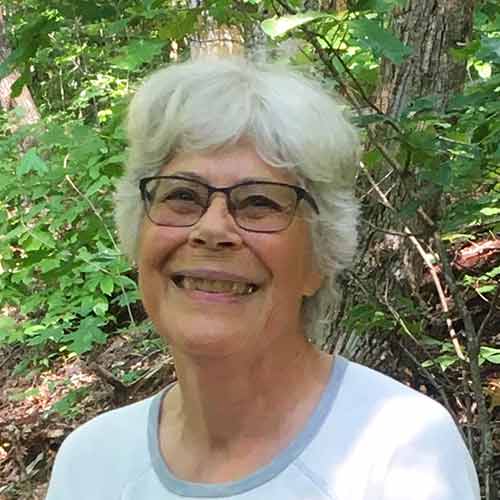
Seraina Broadhead, Board Member
Seraina (Susan) grew up in the woods and fields of Western New York State. Her education was completed with a PhD in English Literature. She directed a nonprofit literary organization in Minnesota called the Loft, taking it from a small, mostly volunteer organization to a nationally recognized literary center. She left after 15 years to move to the mountains of Western North Carolina in 1994. For the next several years, she worked as a consultant for the National Endowment for the Arts. At the same time, she started Goshen Timber Frames, a company that grew to national scope as a builder of timber frame homes. She retired in 2004 and has been a neighbor and Supporting Member of Earthaven since 2012.
